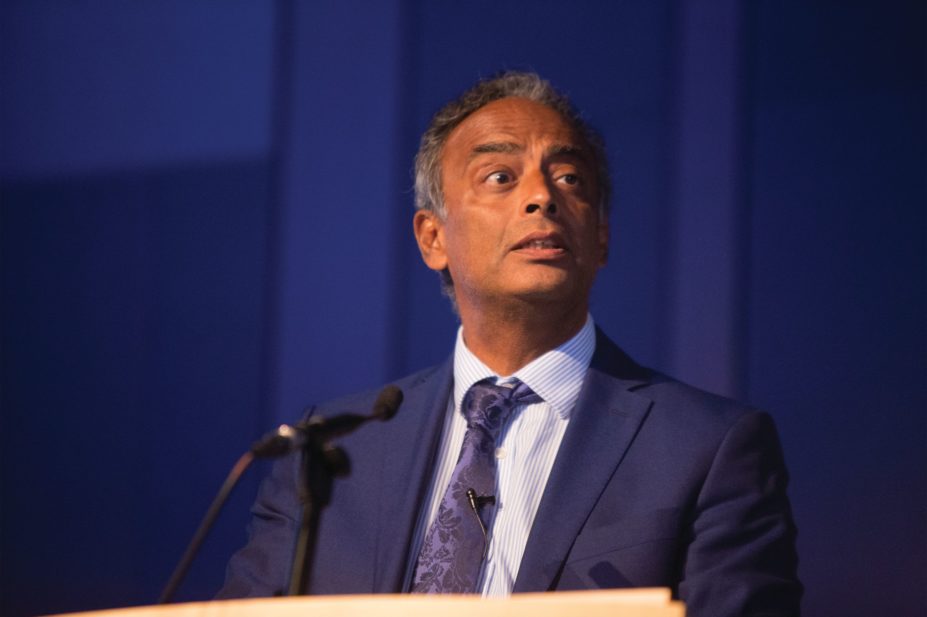
RPS
Professional guidance on
Safe and Secure Handling of Medicines has been extended to cover all healthcare settings for the first time.
Published by the Royal Pharmaceutical Society (RPS) on 12 December 2018, the updated guidance sets out good practice in the transport and physical handling of medicines. It also covers medicines manufacture, transport, receipt and storage, as well as the issuing of medicines, their use or administration, and their removal or disposal. It was originally published by the RPS in 2005, and had not been updated since.
The new, National Institute for Health and Care Excellence (NICE)-accredited version is the product of 18 months of work and now features guidance on the storage of medicines outside the pharmacy environment — including ambulances, hospital wards and GP surgeries.
Other new sections include extra information on medicines in theatres, and more guidance on the storage and handling of controlled drugs across all healthcare settings.
The updated guidance is endorsed by the Royal College of Midwives, the Society and College of Radiographers and the Royal College of Anaesthetists (RCoA).
William Harrop-Griffiths, chair of the RCoA’s clinical quality and research board, said: “I believe the revised guidance within this document will further enhance the safe handling of medicines in the clinical environment and thereby promote the improved safety of all patients.”
The update was led by Sonia Garner, professional standards adviser at the RPS.
“The launch of this principles-based guidance ensures that it can be applied to all healthcare settings and is flexible enough to include new ways of working, which are so important in the NHS and beyond,” said Garner.
She added that the guidance will be “a valuable tool” for healthcare professionals who are responsible for medicines governance, or for writing medicines policies and procedures.
“It has been a pleasure to work with such a diverse range of health professionals on this project — our task and finish groups included representatives from nurses, midwives, paramedics, GPs, community pharmacists and anaesthetists, as well as pharmacist specialists in mental health, quality assurance and medicines safety,” she said.
“With £20.2bn spent on medicines in 2017–2018, ensuring our systems are working right is fundamental,” said Ash Soni, president of the RPS. “This essential guidance provides the framework for all pharmacists and other health professionals across the NHS to improve their handling of medicines. It ensures we can account for a medicine from the time of ordering through to it being used, so improving quality of care and patient safety.”
You may also be interested in
Long service of members

Membership fees 2022
